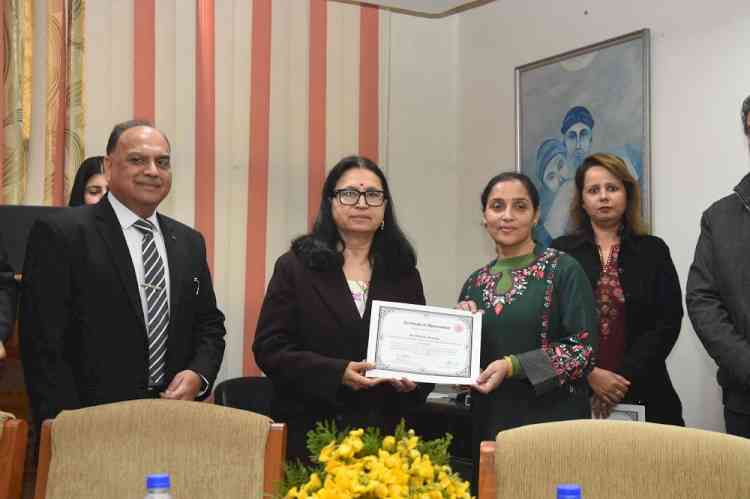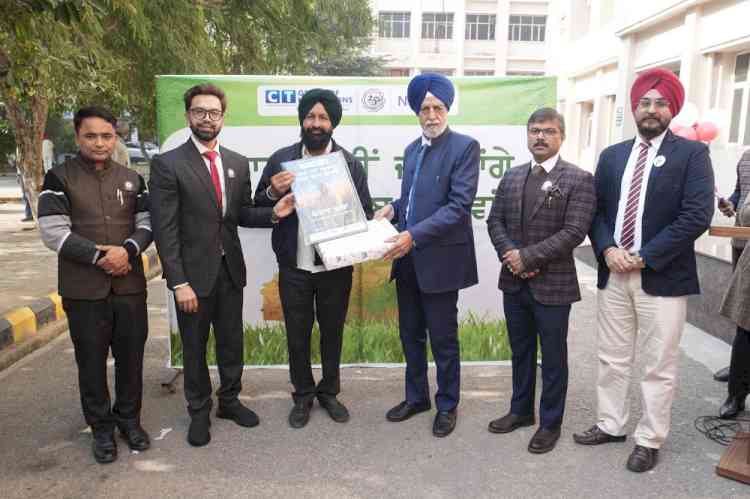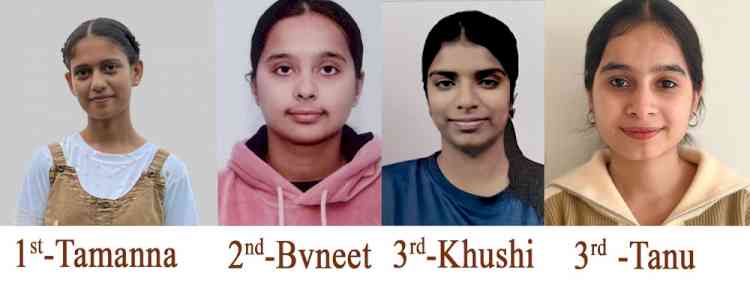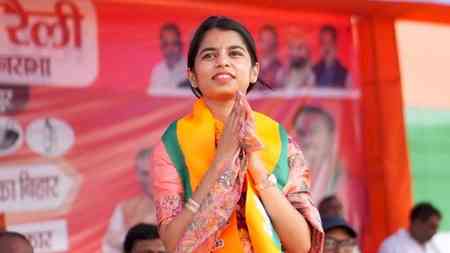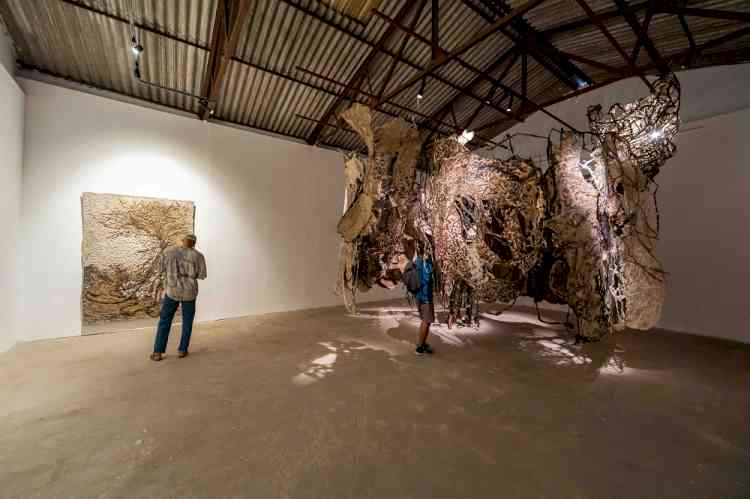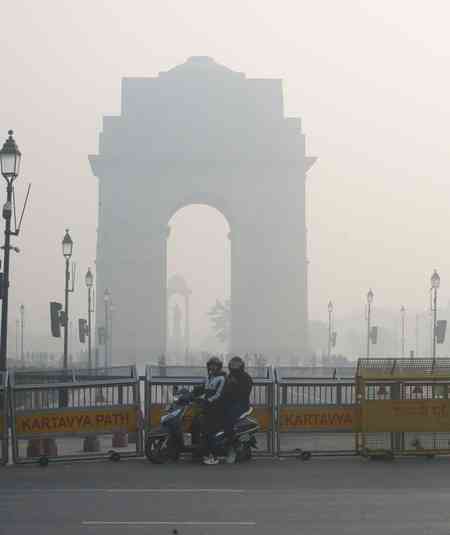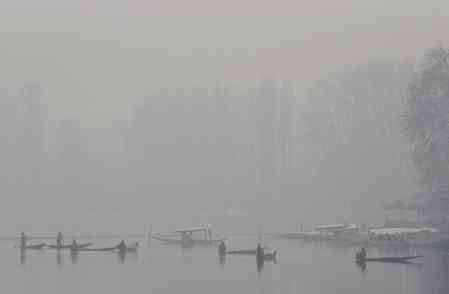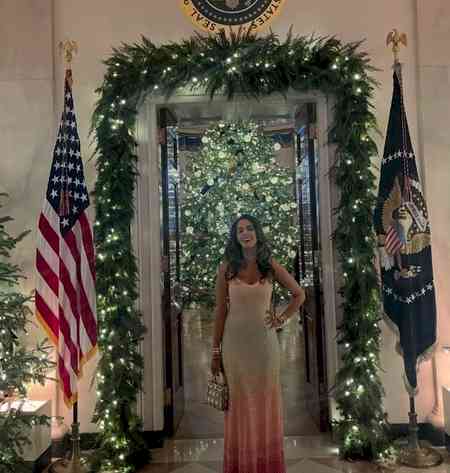WEBINAR ON “CHANGING GEOPOLITICAL SCENARIO POST COVID-19” BY DEPARTMENT OF DEFENCE AND NATIONAL SECURITY STUDIES, PU
The webinar was attended by various faculty members, serving and retired armed forces officers

Chandigarh: The Department of Defence and National Security Studies, Panjab University, Chandigarh, as part of it’s ongoing online academic endeavors during the Covid-19 lockdown, organised a Special Webinar on the theme – “Changing Geopolitical Scenario Post Covid-19” by Lt Gen KJ Singh, State Information Commissioner, Government of Haryana ,today.
He began the lecture saying that the world has witnessed several pandemics in the past too such as the Spanish Flu, which was coincidentally spread through the Chinese soldiers fighting in Spain, then there were small pox, cholera, and in the recent times, Swine Flu, SARS etc.
Earlier security challenges were measured on aspects such as conventional warfare, terrorism and other factors, while Public Health was not considered as a National Security challenge. Spending on Public Health has been less and needs to be increased. Though we have seen one of the nations with the highest public health spending, Italy suffering high casualties in this pandemic.
This crisis has highlighted the threat posed by biological weapons. The possibility of Terrorists employing Biological Weapons is major potential National Security challenge. Although there is no confirmation on the source of the Covid-19 virus yet. It has also been witnessed that the credibility of international organisations has also been questioned as in the case of World Health Organisation (WHO) which is being criticized for its failure in combating this pandemic and it’s head Tedros too is being accused of having a pro-China bias. The United States has also threatened to stop it’s funding to the WHO. We are also witnessing the marginalization of Oil as a weapon.
In these times, leadership is getting tested and it is being reported that women leaders like German Chancellor Merkel have been doing better in leading their countries against this pandemic. While leaders such as Trump are facing criticism for their poor handling of this crisis which has led to a very high number of Corona related deaths in US.
Prime Minister Narendra Modi has made a good impression as he has been taking advice from the experts and had taken some tough decisions which has resulted in relatively lesser number of Covid-19 cases in India. The federalism model is also being emphasized in this fight against Corona as various state and district level models are being discussed such as the Kerela Model, Orissa Model, Bhilwara Model, amongst others. This calls for strong state governments with a certain amount of autonomy as well as fiscal strength for effective handling of such crises. It is also been seen that societies with high Social Capital such as South Korea, Singapore etc. have done better.
Another prominent change is the shift from the earlier focus on globalisation to the current emphasis being laid on de-globalisation and localisation. Localisation is a major reason behind the safety from this pandemic being seen in India’s villages as well as the North Eastern States.
Discussing the impact of the Pandemic on the global economy and defence budgets he said that since the last several months most of the world has been under lockdown, the migrant labourers have left from their home-states. All this is leading to an economic recession. And this is likely to affect all armed forces. Cuts in Defence Budgets are likely. And since there is not much scope of reduction in the revenue part which includes salaries and pensions, the larger affect would be on the Capital procurement. We are likely to see emphasis to be laid on drone warfare, cyber warfare and other forms of non-contact warfare.
On the issue of India’s approach towards China he said that now one and more countries are blaming China for the pandemic and India too is being pressured to criticise China. However, it would be in India's interest to not get against China unnecessarily. Because China is too powerful and it’s not likely to become irrelevant in the near future. Therefore, it is advised that India remains diplomatic and use this time to silently build up its capability so that it can maintain Strategic Autonomy. India should try to become the pharmacy capital of the world.
India should enhance its manufacturing capacity, try and invest in the multipolar world. And India also needs to work on its ties with its neighbours including sturdy friends such as Bhutan, Maldives, Bangladesh and the current regime in Afghanistan as well as other nations such as Nepal, Myanmar and Sri Lanka who are also looking towards China.
India needs to maintain a sense of Strategic Caution. We are going to see further collusion between China and Pakistan, likely to form a nexus with Russia, Iran and even Turkey, all driven by their anti-US policies.
Talking about China-Pakistan Economic Corridor, he said that since CPEC involved a repackaging of a lot of previously running projects it’s is not likely to get affected much. Rather since CPEC was the flagship project of the Belt and Road Initiative it is expected that it’ll soon be kick-started by China. As part of BRI, China is also expected to now focus on the Health Silk Route as well as the Digital Silk Route.
The General also emphasized on the need for the role of the armed forces in this pandemic to be communicated properly. He mentioned the involvement of the armed forces in evacuation of strangers citizens from Wuhan and setting up of quarantine centers at military stations such as Jaisalmer etc. Also the support provided by the armed forces at the Narela Quarantine Centre where Tablighi Jamaat members were kept. As well as the supplies of medicines and other essentials in remote areas in the north east India as well as Ladakh. He emphasized on the need for building indigenous defence capabilities.
The webinar was attended by various faculty members, serving and retired armed forces officers pursuing courses in the department, research scholars and students.


 cityairnews
cityairnews 
